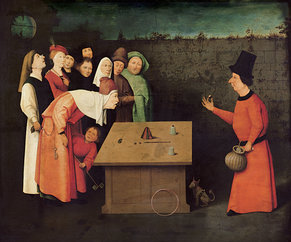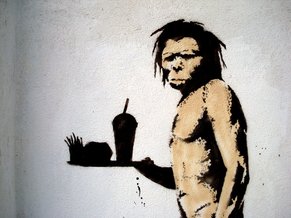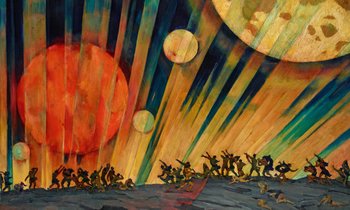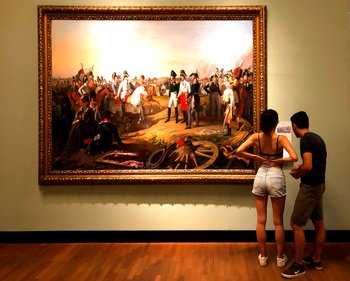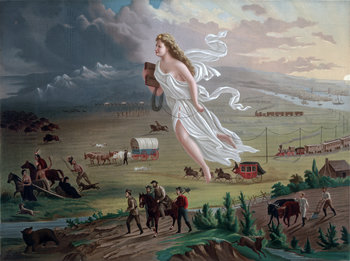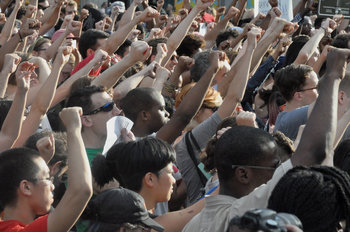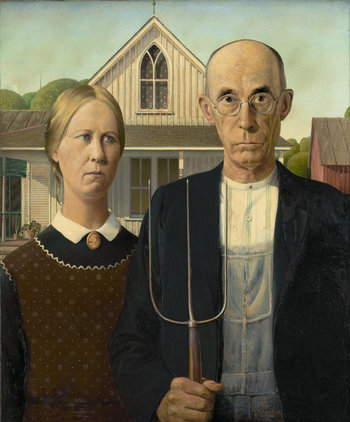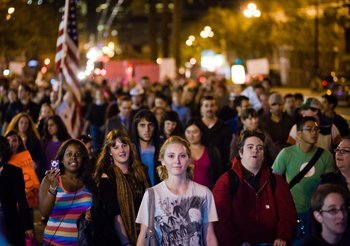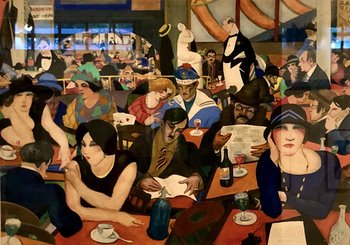
Change
Progressives are reformers who advocate for change. Exactly what this means varies by culture, time and place.Contrarians
Progressives view dominant societies, systems, institutions and cultures as deeply flawed and act as contrarians who criticise the existing state of things.Social Justice
Progressives advocate for justice as they see it and view current systems as deeply unjust. It should be noted that virtually every political philosophy views itself as the correct alternative to injustice.Environmentalism
Modern progressivism embraces environmental issues alongside social issues.Socialism
Generally speaking, modern progressivism is heavily aligned to Marxism with the assumption or argument that socialism or communism will solve the problems of capitalism. They may also advocate other political systems that are viewed as alternatives to capitalism such as anarchism.Rights & Freedoms
Progressives have a curious history whereby they have supported both expansions of freedom and harsh removal of freedom. As such, progressivism isn't equivalent to liberalism that consistently values freedom. For example, in the early twentieth century, the same American progressive movement that won women's suffrage in the United States also pushed for eugenics and for the prohibition of alcohol.Technology
The embrace of aggressive technological change and the view that this change represents progress.Science
Embrace of science and the view that society should be run according to scientific opinion. Science is also used as an appeal to authority whereby a progressive agenda is presented as "based on science." In some cases, this may oversimplify or misrepresent scientific consensus.Individualism
Progressives support individualism when it comes to breaking the influence of current societies, systems, beliefs, cultures and institutions. However, they may also support the imposition of new systems that would heavily decrease individual freedoms such as a communist state or paternalistic government that regulates every aspect of life.Radical Chic
Progressivism tends to advocate for the quick implementation of brave new ideas. As brave progressive ideas change quickly, progressives may be accused of radical chic whereby they simply advocate for the trendy ideas of the day and then move on to the next intellectual fad.Relativism
The reasonable man adapts himself to the world: the unreasonable one persists in trying to adapt the world to himself. Therefore all progress depends on the unreasonable man.Relativism is one of the defining characteristics of postmodern, or recent, progressivism. This is the idea that there is no such thing as a universal truth, only individual interpretations. This is an ideal position to take if you want to criticize existing systems as it makes your personal opinion as valid as those of great institutions.
― George Bernard Shaw, Man and Superman
Critical Theory
Another common characteristic of postmodern progressivism is the use of a Marxist academic tradition known as critical theory. This is based on the assumptions that all power structures are oppressive, that almost everything is a power structure and that individuals have little agency such that they are hapless victims of power structures. For example, institutions such as languages or families are viewed as oppressive power structures as opposed to useful structures that people used to thrive throughout history.Inconsistencies
What were the central themes that emerged from the cacophony [of progressivism]? Democracy or elitism? Social justice or social control? Small entrepreneurship or concentrated capitalism? And what was the impact of American foreign policy? Were the progressives isolationists or interventionists? Imperialists or advocates of national self-determination? And whatever they were, what was their motivation? Moralistic utopianism? Muddled relativistic pragmatism? Hegemonic capitalism? ... the term 'progressivism' had become meaningless.Progressivism has historically demonstrated little consistency beyond an embrace of change and rejection of the current state of things. As such, it is difficult to define its characteristics. For this reason, terms such as liberal, conservative, capitalist and socialist are perhaps more meaningful.
~ Alonzo L. Hamby
Summary
A political ideology that advocates for a high rate of social and economic change and breaking with the past.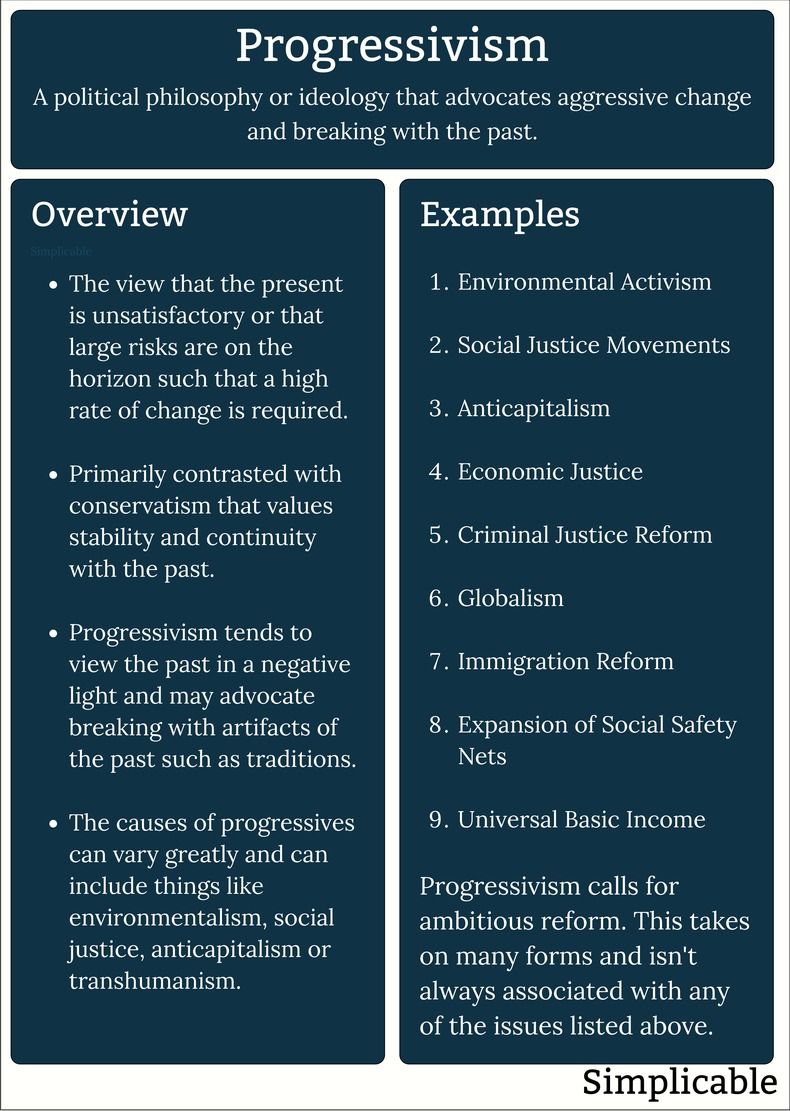
Discussion
It is common for progressives to be incorrectly labeled as liberals where they may not embrace liberal values such as the economic freedoms that are the basis for capitalism.| Overview: Progressivism | ||
Type | ||
Definition | A political philosophy or ideology that embraces aggressive change. | |
Related Concepts | ||



